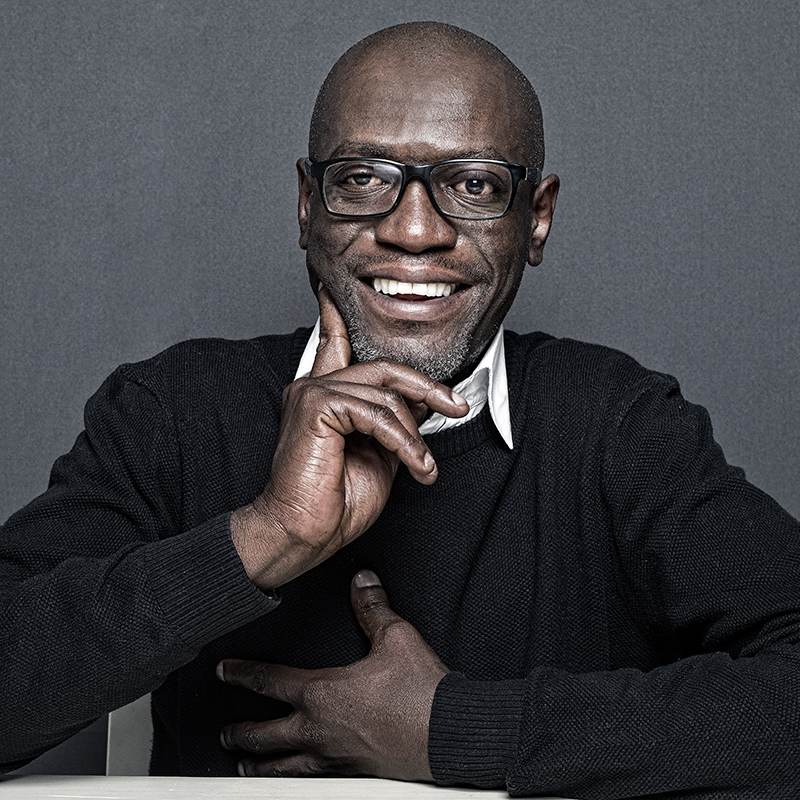MTN’s Bayobab’s two-year plan to further connect Africa
Bayobab, a provider of pan-African digital connectivity solutions, has set in motion an ambitious two-year plan to expand its fibre network to 135,000 km.
In an interview with ITWeb Africa, Bayobab’s chief fibreco officer, Mohammed Aliyu, outlined the firm's strategy while discussing how the MTN Group subsidiary is contributing to Africa's digital development.
The pan-African telecom infrastructure firm specialises in fiber-optic networking and offers connectivity solutions.
During the interview, Aliyu emphasised Bayobab's considerable experience and ownership of more than 108,000 kilometres of fibre, at present, with ambitions to extend to 135,000 km by 2025.
Bayobab deployed roughly 3,000 km of fibre over six months ended June.
Bayobab's aspirations come at a time when there is tremendous rivalry in the fibre sector, with players focusing on African regions and investing heavily.
Cassava Technologies-owned Liquid, Vodacom Group, and Airtel Africa are among the companies that have fiercely competed for fibre market supremacy with millions of dollars invested in the critical infrastructure.
Analysts predict that data traffic in African countries will more than quadruple over the next five years.
Aliyu said: “Our plan is for us to be able to entrench ourselves in the African continent and be able to provide the required digital infrastructure that can boot up the digital economy."
During the interview, Aliyu emphasised that his top priority is to ensure that Bayobab gets all required licenses.
The company was recently awarded licences in Nigeria and Zambia and is expecting to pick up more permits to operate across Africa, in the coming months.
“The second priority is for us to focus on the East2West project that we believe will connect the unconnected and will bring in the desired infrastructure. That's a project that we're keen on,” said Aliyu.
As the name suggests, the East2West project is designed to connect the eastern shores of the continent to the west. It is backed by Bayobab and Africa50, who are investing up to $320 million, connecting ten African countries by 2025.
Turning to the subject of regulations, Aliyu said: “There are over 50 countries in Africa with different regulations and different policies, some of which we're working with – some are easier to deal with, some are a bit more difficult to deal with. But our core belief is that we need strong partnership.
“And in strong partnership you also take along all your stakeholders of which the government policymakers and regulators we consider as key stakeholders. When we engage them, we try to show them the bigger picture. We show them how much that we are doing impacts the economy, improving GDP and bringing the required scale to grow the digital economy.”
During the interview, Aliyu also spoke about digital infrastructure sharing as an important part of Africa’s development.
“I think it's a no brainer. We need to have partnerships. Sharing infrastructure is what's key and important, it's happened all over the world. If you share infrastructure, you're reducing your cost, and you can focus and do more.”
He added: “Sharing infrastructure is something we're open to, but somebody has to build the fibre for others to come and ride on, and that's what we’re doing. We've successfully shared infrastructure in some of the markets we've operated in, like Zambia as an example.”
